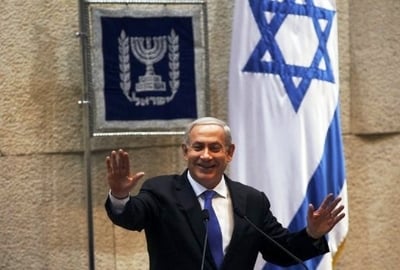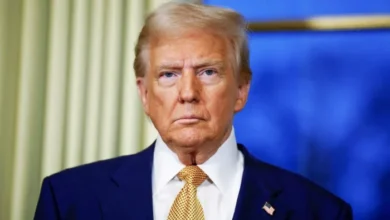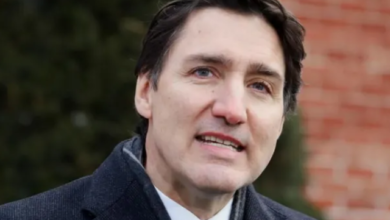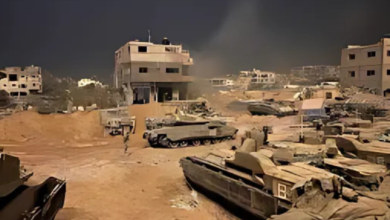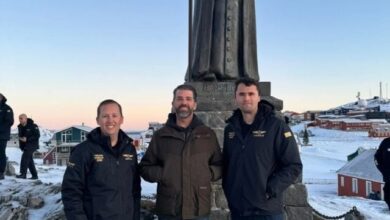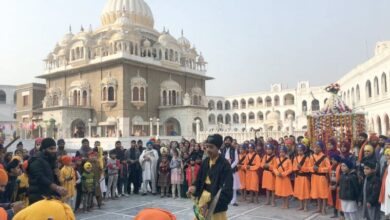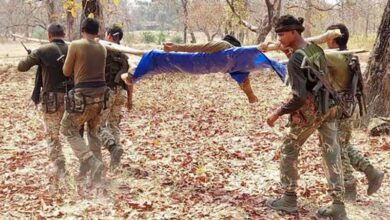Poland’s government said Thursday it would grant free access to Israeli officials wanting to attend the 80th anniversary of the Auschwitz-Birkenau liberation despite an arrest warrant for the Israeli Prime Minister Benjamin Netanyahu.
The International Criminal Court (ICC) issued the warrant in November over the Gaza war, prompting outrage from Israel and its allies.
Poland, as a party to the ICC, would be required to arrest Netanyahu if he attended this month’s ceremony marking 80 years since the Red Army liberated the Nazi German death camp Auschwitz-Birkenau.
But in a resolution published on Thursday, Poland’s government said it would “ensure free and safe access to and participation in these commemorations for the highest representatives of the State of Israel”.
Polish Prime Minister Donald Tusk, who signed the document, said he had information from the Israeli embassy that the country would be represented by its education minister.
“Whether it will be the prime minister, the president, or the education minister… whoever comes to Oswiecim, to the ceremony at Auschwitz, will be guaranteed safety and will not be detained,” Tusk told reporters.
Earlier Thursday, Polish President Andrzej Duda’s aide said the leader had urged the government in a letter not to arrest Netanyahu should he decide to attend the ceremony.
Tusk blamed Duda, allied with the conservative opposition, for turning the case into “a political demonstration”.
The ICC issued arrest warrants for Netanyahu and Israel’s former defence minister Yoav Gallant as well as Hamas military chief Mohammed Deif, whom the Israeli military says it has killed in Gaza.
The court said it had found “reasonable grounds” to believe Netanyahu and Gallant bore “criminal responsibility” for the war crime of starvation as a method of warfare, as well as the crimes against humanity of murder, persecution and other inhumane acts.
The ceremony commemorating 80 years since the Auschwitz-Birkenau liberation is scheduled for January 27, with international delegations expected.
The Auschwitz Museum had previously told AFP it was up to each country to choose its representatives for the event.
Nazi Germany built the death camp after it invaded Poland in World War II.
The camp has become a symbol of Nazi Germany’s genocide of six million European Jews, one million of whom died at the site between 1940 and 1945, along with more than 100,000 non-Jews.

